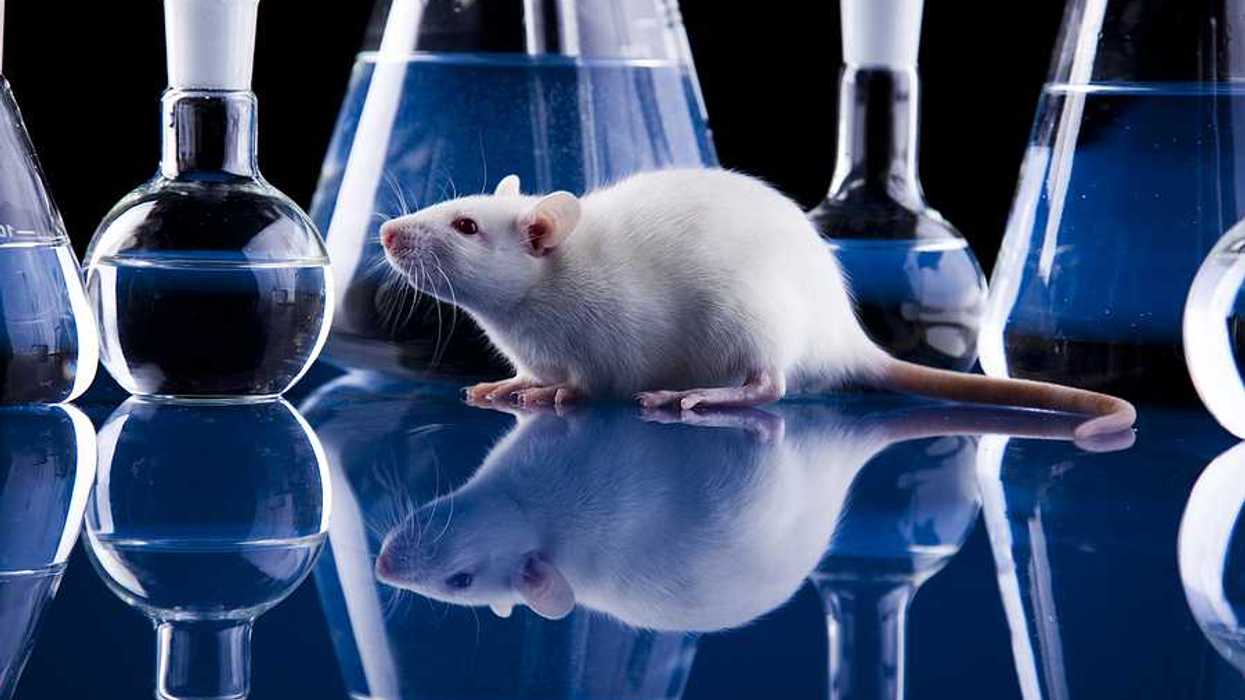A White House commission led by Robert F. Kennedy Jr. has released a report that connects widespread pesticide use to declining childhood health, sparking a political and industry clash over agricultural policy.
Ben Felder reports for Investigate Midwest.
In short:
- The MAHA (Make America Healthy Again) report, supported by President Trump and chaired by RFK Jr., cites over one billion pounds of annual pesticide use as a driver of childhood health issues such as cancer and reproductive harm.
- The agrochemical industry and major farm groups strongly oppose the report, warning it could harm food production and provoke fear among consumers.
- Despite past deregulatory actions, the Trump administration appears to be signaling possible support for at least some pesticide reforms, a stance welcomed by some public health and environmental advocates.
Key quote:
“This administration has done something that no other administration has ever done, which is to acknowledge the impact of toxic chemicals and products in our environment and in our society that are contributing to our physical and mental and reproductive health crisis.”
— Zen Honeycutt, executive director of Moms Across America
Why this matters:
For decades, farmers have relied on chemicals like glyphosate and dicamba to protect crops, but growing research links these substances to cancer, respiratory damage, and reproductive issues — especially in children. While many regulators and presidents have tread lightly around this industry, public awareness has grown alongside evidence of health risks. As pesticide use climbs and lobbyists wield influence in Washington, families living near agricultural zones bear the brunt of exposure. At the same time, U.S. organic food sales are climbing, revealing a market shift and a broader skepticism about conventional farming’s chemical dependence. The health costs tied to these chemicals may take years or decades to emerge fully, but their fingerprints are already showing up in the bloodstreams of children. Whether the Trump administration undertakes meaningful pesticide regulatory reform remains to be seen.
Read more: On the frontlines of pesticide exposure














